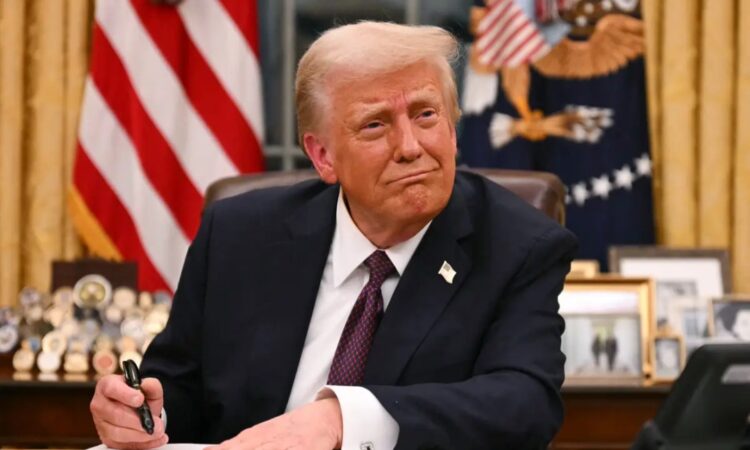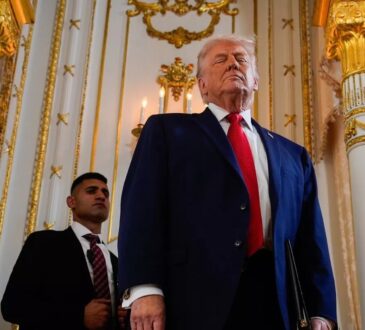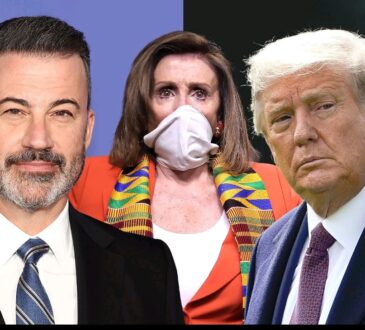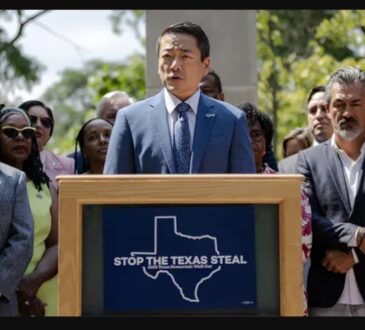
Michael Wolff, a well-known author who has written books about Donald Trump, recently spoke about how Trump sees Black people and how race is talked about in the world around him, especially among his supporters. Wolff said that in Trump’s mind, he sees Black people as very different from white people not just in appearance, but in value and importance.
According to Wolff, Trump seems to believe that life would be better if he didn’t have to deal with Black people at all. He acts like Black people and white people are in a constant battle, where if one group gains something, the other loses. Trump sees this as a zero-sum game, meaning only one side can win.
Wolff also said that in Trump’s world—particularly among his followers—being called a “racist” is no longer something shameful. Instead, it has become something to be proud of. People in that group treat the word “racist” as if it’s just a weapon used by liberals to silence them, so when they’re called racist, they feel like they must be doing something right. It’s like they’ve flipped the meaning of the word. Instead of being insulted, they feel empowered by it.
Donald Trump, on the other hand, keeps denying that he’s racist. He once told reporters that he’s the “least racist person” they’ve ever interviewed. But his past actions tell a different story. For example, back in 1973, the U.S. government actually sued Trump and his business for refusing to rent apartments to Black people. That’s not an opinion—it’s a fact backed by a real lawsuit from the Department of Justice.
Later on, Trump became one of the loudest voices questioning whether President Barack Obama was really born in the United States. This “birther” conspiracy theory had no truth behind it, but Trump pushed it for years. Many people saw this as a clear attack based on race, trying to make the first Black president seem like an outsider who didn’t belong.
Trump was also involved in the case of the Central Park Five—five Black and Latino teenagers who were wrongly accused of raping a white woman in 1989. Even after the real attacker was found and the young men were cleared of all charges, Trump continued to say they were guilty. He had even taken out full-page ads in newspapers back then, calling for the death penalty.
During his 2016 campaign, Trump made headlines for saying that Mexico was sending criminals and rapists across the border into the U.S. That speech shocked many people, especially immigrants. Then, in 2017, after a white supremacist rally in Charlottesville, Virginia, turned violent and left a woman dead, Trump said there were “very fine people on both sides,” which many saw as him defending racists. A year later, during a meeting about immigration, he reportedly called African countries “s—hole countries,” showing more signs of disrespect toward Black and brown people.
Michael Wolff believes that all of this proves Trump sees Black people as deeply different—and that in his eyes, they don’t belong in the same way white people do. Wolff said that among Trump’s supporters, calling someone “racist” is now seen as something that means you’re not afraid to speak the truth, especially against liberals. It’s not used to shame people anymore, but to show that you’re on Trump’s side.
So even though Trump publicly denies being racist, the things he says and does continue to raise serious questions. His behavior has made many people feel hurt, angry, and left out. Still, there are many in his camp who defend everything he says, and who have turned racism into something they treat as strength instead of something to be ashamed of. Wolff’s comments are a reminder of how complicated and painful the topic of race still is in American politics, and how it continues to divide the country.




